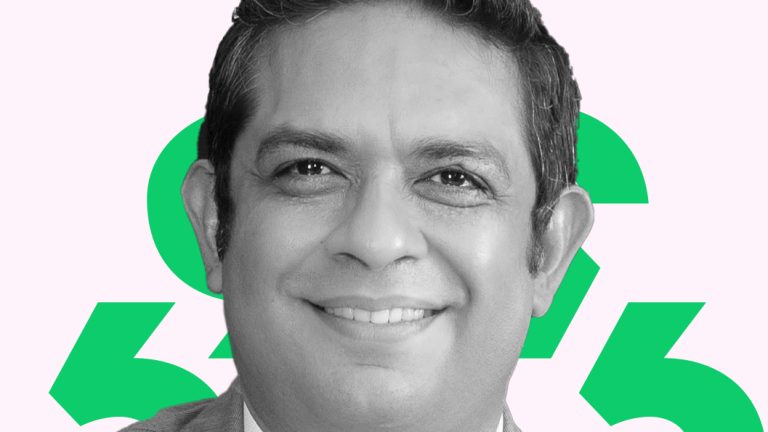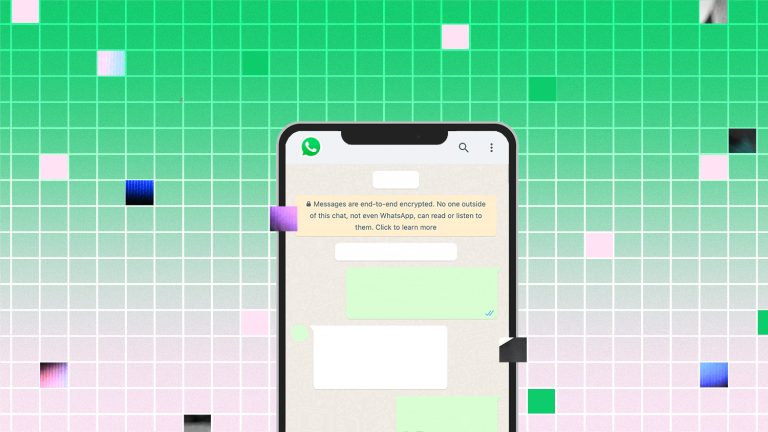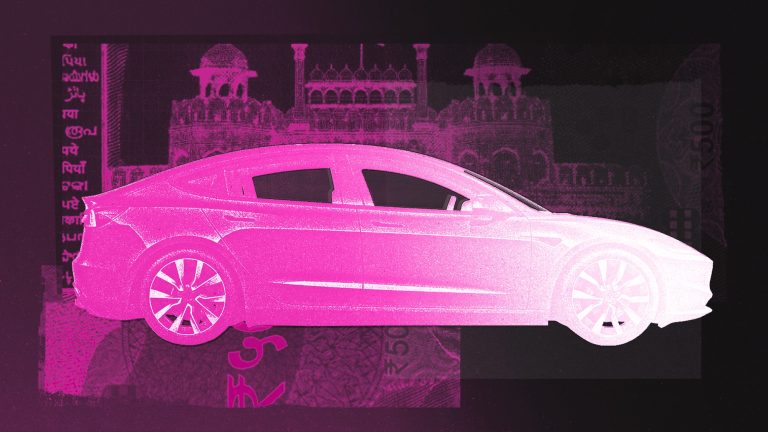What’s the difference between haha and jaja? What about kkkk or hhhh?
It’s a trick question: They mean the same thing. They’re all ways to express laughter, as interpreted by different cultures in different languages.
In person, laughter is universal. No matter what language you speak, almost anyone can understand the meaning of a mischievous giggle, sarcastic snort, or an infectious belly laugh. But it isn’t quite as simple when it comes to writing it down, especially in the era of social media and messaging apps.
Most English speakers are familiar with the nuances of when to say haha, lol, or lmao — each conveying a different weight to laughter. Other languages have their own specific terminology, some of which may not be immediately obvious even when translated.
Take Japanese, for instance. “Warau” is one way to express laughter. Some shortened that to just the first sound of the word, “w.” Others then noticed that “www” looked like blades of grass, leading people to start using the Japanese word for grass (草) to represent laughter. That continual evolution is why, if you want to write about laughing hard in Japanese, you could type 大草原: “giant grass field.”
Or there’s “askfhsjkd,” used in Turkish. No acronyms or wordplay here — keyboard spam is actually a popular way to indicate amusement among young Turkish speakers, as if they’ve been overcome by laughter and are unable to type complete words.
These are just a small fraction of the many ways people around the world represent laughter, from a little Nepali giggle — khit khit — to an explosion of laughter in Nigerian Pidgin: lwkmd, or “laugh wan kill me die.” We know the world can always use a little more laughter, so we’ve rounded up dozens of our favorite examples of how people from all over laugh online.
awdjyt
Antiguan and Barbudan Creole
Abbreviation of “a wah di joke yah tarl,” used when shocked or amused
ههههه
Arabic
هه sounds like “ha,” making this a close equivalent to “haha”
7777
Arabic
7 looks like ح which sounds similar to “ha.” Used rarely these days
হা হা
Bengali
“Haha” written in Bengali
kkkk
Brazilian
An expression meant to imitate the sound of a laugh
rsrsrs
Brazilian
Repeated abbreviation of the Portuguese word for laughter, “riso”
рофл
Bulgarian
Cyrillic version of a now-somewhat-vintage expression: “rofl”
ဟားဟား
Burmese
“Haha” written in Burmese
ဟီးဟီး
Burmese
The Burmese version of “hehe”
笑L死
Cantonese
“Laugh to death,” but with the Cantonese curse word “L” included
h6h6h6
Estonian
An ironic laugh written in Estonian, where the number 6 is pronounced “oh”
mdr
French
An acronym for “mort de rire,” meaning “dead from laughter”
ptdr
French
An abbreviation of “pété de rire,” or “exploded from laughter”
hahahatie
Gambian
English An alternative way of writing “hahaha” in Gambian English
:დდდ
Georgian
Equivalent to :DDD in Georgian
κλαίω
Greek
Meaning “I cry,” as in “Iʼm crying with laughter”
χαχαχα
Greek
“Hahaha” written in Greek
Λoλ
Greek
“Lol” written in Greek
jajaja
Guaraní
The letter “j” is pronounced the same as “h” in English, making this “hahaha”
olawdo
Guyanese Creole
Similar to Trinidadian Creole’s “ohlawdoi”
חחח
Hebrew “Hahaha” written in Hebrew script
לול
Hebrew
לול is a way of saying “lol” in Hebrew
למאו
Hebrew
למאו can be taken to mean “lmao” in Hebrew
हाहा
Hindi
“Haha” written in the Devanagari script, common in India and Nepal
laul
Hindi
Laul, lulwa, and lawl are ironic ways of saying “lol” in North Indian slang
wkwkwk
Bahasa Indonesia
Known as “duck laugh,” popular with Indonesia’s online gaming community
goa
Irish
An abbreviation of “gáire ós árd,” meaning “lol” in the Irish language
abmtag
Irish
Short for the Irish “ag briseadh mo thóin ag gáire,” meaning “lmao”
sto male
Italian
Meaning “I’m sick” from laughter
volo
Italian
Meaning “I fly,” as in “you made me laugh so hard I’m flying away”
muoio
Italian
Meaning “I’m dead” from laughter
dwl
Jamaican Creole
Short for “dead wid laugh”
笑
Japanese
The first part of the Japanese word for “laughter,” which is 笑い or “warau”
www
Japanese
A repetition of the “w” sound in the first part of the word for laughter, “warau”
草
Japanese
Meaning grass, because “www” looks like blades of grass
大草原
Japanese
Taking it another step further: “giant grass field,” used to express harder laughter
ㅋㅋㅋㅋ
Korean
ㅋ in Korean is pronounced “k,” so this reads as “kkkk”
ㅎㅎㅎ
Korean
Used similarly to “hehe” in English, itʼs not as popular as ㅋㅋㅋㅋ
ຮາຮາຮາ
Lao
“Hahaha” written in Lao
555
Lao
5 is pronounced “ha” in Lao, making this “hahaha”
ha3
Malay
A shorter — if outdated — way of saying “hahaha”
ഹഹ
Malayalam
“Haha” written in Malayalam
2333
Mandarin
Refers to a popular forumʼs laughing emoticon, numbered 233
哈哈哈
Mandarin
哈 is pronounced “ha”
hhh
Mandarin
Abbreviation of the romanized version of 哈哈哈 (“hahaha”)
笑死
Mandarin
Means “laugh to death” and pronounced “xiaosi”
xs
Mandarin
A shortened, romanized version of “xiaosi” or “laugh to death”
ktk
Maori
Short for “kaha te katakata,” meaning “to laugh with power” and used similarly to “lol”
khit khit khit
Nepali
Used to represent giggling, though not as common as “haha”
lwkm
Nigerian Pidgin Short for “laugh wan kill me”
lwkmd
Nigerian Pidgin Taking it a step further: “laugh wan kill me die”
kkk
Oromo
Used to imitate laughing
خخخخخخ
Persian
خ is pronounced “kha,” making this sound similar to “khakhakha”
لول
Persian لول (and لال) are ways of saying “lol”
ਹਾਹਾ
Punjabi
“Haha” written in Punjabi
xaxaxa
Russian
“Hahaha” written in the Cyrillic script, used in several Slavic languages
лол
Russian
Cyrillic version of “lol,” found in multiple Slavic languages
)))
Russian
In certain Slavic languages, one parenthesis is a smile, so ))) can represent laughter
හූ
Sinhala
Laughter written in Sinhala, pronounced “hu”
hhhh
Somali
Used in Somali, Kinyarwanda, and other languages to imitate laughing
memeo
Spanish
Meaning “I pee,” as in “Iʼm peeing from laughter”
jajaja
Spanish
The letter “j” is pronounced the same as “h” in English, making this “hahaha”
asg
Swedish
Less commonly used, an abbreviation for “asgarv,” meaning “uproarious laughter”
ⵀⵀⵀⵀ
Tamazight
Translated into English, this can be read as “hhhh”
555
Thai
555 is pronounced “hahaha” in Thai
ways
Trinidadian Creole
Can mean surprise, excitement, or just laughing for a long time
ohlawdoi
Trinidadian Creole
“Oh lord” in Trinidadian Creole, with the suffix “oi” added. Like “ways” in meaning
asdfghjkl
Turkish
Keyboard spam, as if the speaker is overcome by laughter and can’t type coherently
гггг
Ukrainian
An older Cyrillic expression representing the sound of a laugh
ہا ہا ہا
Urdu
“Hahaha” written in Urdu
rbt
Wolof
Somewhat rare, an abbreviation of “ree ba tas,” used to say “laughing until tiredness”
kkkk
Zulu
Used in Zulu, Xhosa, Shona, Oromo, and other languages to express laughter



